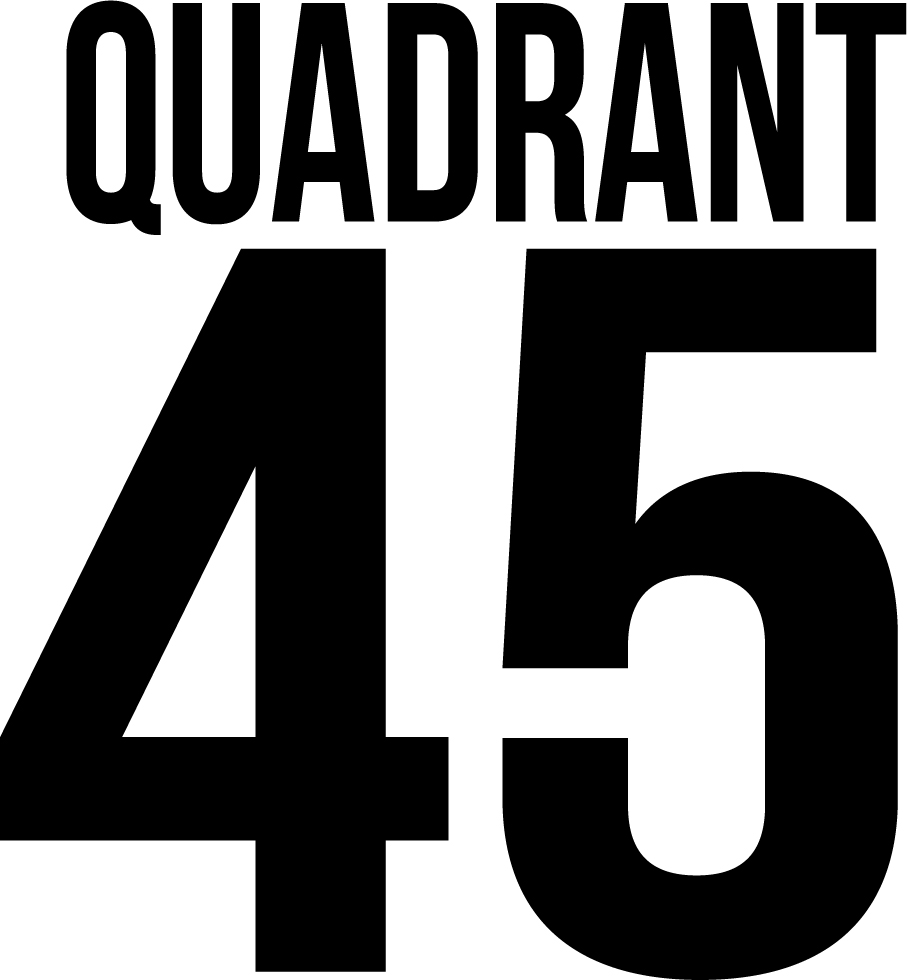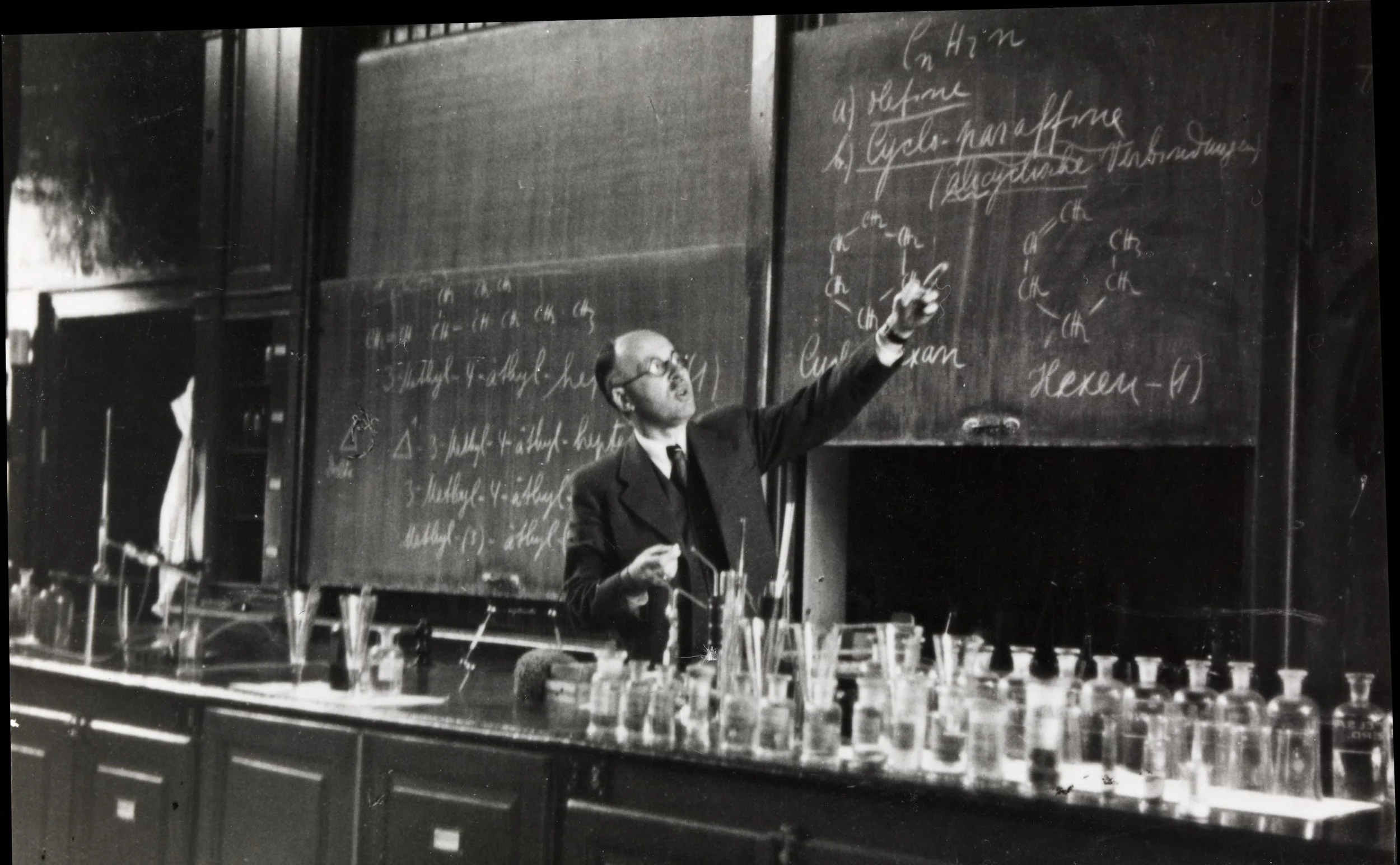Yesterday was my Dad’s funeral service. He died July 20th. While profoundly sad, it was also a great day in many ways – particularly the manifestation and confluence of our tremendous support network. And I was so moved by the eulogies from my sister Laurie and brother John.
I’m sharing my eulogy for my Dad below, because I was struck dumb a few minutes ago seeing my “about” page on this website. Yep, four months ago, when my Dad’s death was not on my horizon, I was basically saying the same thing. Except I didn’t realized the gravity, the legacy, and debt I owed to my Dad, and I wasn’t expressing my now emotion-sharpened gratefulness for his gifts.
I don’t know why you need to read this (you don’t), or why you need to then compare it to my own observations of my own life four months back (unless you’re trying to get inside my head).
My Dad
I have two things to share. First, Dad was a historian, a teacher of history, by profession. But in everyday life, he was a real-time chronologist of living history. In other words, he was a master storyteller.
I didn’t think of it this way as a boy, but today I see it quite clearly. Growing up, we had family dinners at the table. Dad would be just home from school, which meant quite literally he was also just home from coaching, or refereeing, or teaching driver’s education, or from any number of other school-related chores and activities. And as our family assembled at the table, he’d relay the events of the day – usually in conversation with my Mom, but publicly for consumption by all. He’d usually hit on one or two stories in depth. He’d set the scene, identify the players, and tell you what happened, word for word, punching up his sentences with “he says,” and then “I said,” and the “he says” again. He had an ear for dialogue.
He loved sports stories where controversy reigned at the center. I can’t imagine what umpires had going through their heads when my Dad, as coach, put on his game face and marched out to have a home-plate discussion that invariably was later relayed to us at the table as “so I says, what did you see?” – a statement clearly intended to win the argument before it started by pinning the umpire to a position, the baseball equivalent of a state trooper asking you “do you know why I pulled you over?”
He had timing. He could tell jokes. He could cue your response with his smile.
Dad’s stories were a musical score for our young lives. They were part of our daily family business. But I’m also certain now that my own adventures into storytelling resulted quite directly from these Obi Wan-esque lessons that my Dad imparted by example. It turned out this was no small gift. I have considered that story drives nearly everything I do and most I have done. I was never pressured to take up this – this part of the family business – storytelling. But it turns out that self-aware or not, I’ve always been in the family business, or aspired to be. And I’m so grateful. And I miss his stories so much.
The second thing I want to share about is Dad’s resiliency. You know of the medical odyssey that was Walt Edmiston. Multiple cancers and surgeries and procedures and medications and emergency rooms and hospital beds and complications. And then again. And again. And then old procedures led to new challenges. And aging didn’t help. Resiliency long ago became an adopted lifestyle, the norm for my Mom and our family, for nearly 40 years.
It’s been said within my own family that I hold that same strange lottery ticket my Dad had – a long term medical rollercoaster where a 5% likelihood of complication is something we should all just assume will happen. We’ve joked about how many of the so-called “nine-lives” I’ve used up. My daughter Madison told me one time my superpower was “not dying from horrible diseases.” “I says, not really a top-shelf superpower.” But in a way she might be right. And if so, I know this: the actual real-life equivalent of this superpower is resilience. And through his resilience, my Dad showed me the way to handle my own abundance of adversity.
My experience in the cancer world leads me to believe we don’t choose a fight – so much as we choose how we will fight or more accurately, how we choose to move forward with our lives, to go on, while relegating this thing called cancer to where it belongs, as sideshow drama, in comparison to the more important things.
For me, the meaning of my Dad’s two-score health journey lies in how he chose to shape his life and character around his adversity – how, from the menu of patient treatment options, he chose love, positivity, humor, inclusiveness, thankfulness, grace, dignity, ceaseless devotion to my Mom, his family, his faith. He chose to flash his smile to all.
Dad’s resilience – his persona under chronic adversity – where he so often left behind ordinary diagnoses and treatments and moved to the realm of the undiscovered and untested – Dad found – and I learned – of the confluence between science and God and the human spirit. How Dad role-modeled his resilience was an essential, life-saving gift. The night he died, as we left to go home, he flashed that smile to Melody and me. And he told us he loved us. And he told us to drive safely.
I believe Dad was at a DNA-level, a happy and intellectually curious man. And immensely satisfied with his many blessings, including above all, my Mom. And this was why he was so relentlessly resilient. There were always things to do. There were always people to love. Stories to tell. Places to go. I never. Ever. Thought of him as a chronically ill man. I still don’t. Because his resiliency is where his most beautiful choices about life radiated. That is a legacy for which I am forever grateful. And I think this is well-revealed in the pictures you are about to see.
I also want to say a few words about the music that plays along with the pictures we’re going to share. We learned that Dad had instructed, in writing dating back to 1991, and from time to time after that, up until even a few months ago, that these two songs be used. We also learned there might be consequences if we did not abide these instructions.
I decided to take a closer look at the selections. The versions you’ll hear are instrumentals from Andre Rieu, a Dad favorite. The first song is "Memory," the standard from Cats. What struck me is the context – it is sung by a one-time glamour cat who is now a very old cat, withered by age to the point it no longer resembles the proud, carefree, strong cat of its youth. The lyrics label the glorious past as quote “my days in the sun,” and they also reveal the old cat’s desire to start a new life, quote, “If you touch me, you'll understand what happiness is. Look, a new day has begun.”
The second song is from A Little Night Music, Sondheim’s Send in the Clowns. The song is featured twice in the play – first, reflecting life’s ironies and disappointment, but is reprised at the end when the characters are finally provided their freedom to be together. It is see my Dad talking to my Mom in these lyrics:
Isn't it rich?
Are we a pair?
Me here at last on the ground,
You in mid-air
Making my entrance with my usual flair
As these pictures show, there is little doubt, Dad, as our family’s defining glamour cat and storyteller, you entered heaven “with your usual flair,” and you now have never-ending days of sunshine to tell your tales - and flash your smile – to all you meet, with no age and no pain. As it should be.

